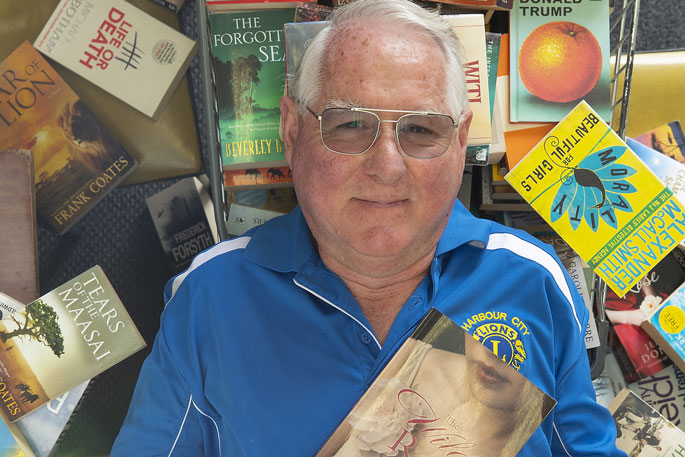Grandpa Xi and his new books – Counterpoint

Chinese school children have started using a new series of textbooks. Dr. Shih-Wen Sue Chen and Dr. Sin Wen Lau explain that these books “on ‘Xi Jinping’s Thought on Socialism with Chinese Characteristics of the New Era’, as Xi’s political philosophy is officially called, are suitable for students at primary, secondary and higher levels.” They claim that “they reflect the growing personality cult of Xi Jinping, eerily reminiscent of the days of China’s founding father, Mao Zedong.” The books feature Grandpa Xi’s wisdom and care for children and how they are to “live up to the expectations set forth by Xi”? Will these books replace the Little Red Book and how far will Grandpa Xi go?
Next, (at 15 minutes) did you know that “video gamers in California use more electricity than entire nations?” That the average Tanzanian used only one-sixth of the electricity consumed by a typical American refrigerator in 2014. That globally, the richest 10% of countries consume 20 times more energy than poorest 10%. Why then do these richer countries promise to stop finance fossil fuel projects in Africa but not in their own backyard? Benjamin Attia says that “focusing on limiting emissions from the world’s poorest countries while emissions continue to rise in industrialized countries is clearly misguided.” After all, he says, if the region’s electricity demand hypothetically tripled tomorrow, and only natural gas was used to meet the new demand, annual global emissions would only increase by 0.62%. This is equivalent to the state of Louisiana’s annual emissions today.
Then, (at 29 mins) Amanda climbs on top of her soapbox complain about an absence of doubt.
Also, (at 30 minutes) have you heard of the Hudsonian Godwit? Jim Robin says they are “friendly, smooth and reddish-brown and gold in its Alaskan spring breeding colors, with slender, stilt-like legs and a very long upturned beak specially designed for feeding in mud”. Every year, he says, “the Hudsonian barge flies back and forth almost pole to pole, staying airborne for days without stopping to refuel.” They do this by “closing the eyes on one side of the brain while the other side stays awake and alert, then switching sides, which is called uni-hemispheric slow-wave sleep.” He thinks that by studying birds like the Hudsonian godwit, scientists hope to complete the pieces of the migratory bird puzzle and come up with conservation strategies.”
Finally, (at 43 minutes) what happens when a Virginia opossum feels threatened. Dr. Susana Monso says he’s playing dead. “Lying on the floor, curled up in something resembling the fetal position, eyes and mouth open and tongue hanging out, she stops responding to the world. His body temperature drops. His breathing and heart rate are severely reduced. Its tongue, usually pink, takes on a bluish tint. She urinates, defecates and expels a putrid-smelling liquid from her anal glands. To all outward appearance, it is no different from a corpse”. It’s called thanatosis and, in the simplest terms, “works by making the prey unpalatable to the predator”. She thinks this exhibition “is one of the best proofs we have of the wide diffusion in nature of the concept of death”. She argues that “we humans like to think of ourselves as one species. Gradually, however, all of those traits that we used to rely on to ground this uniqueness have diminished, as science advances and reveals the staggering diversity and complexity of animal minds and behavior.”





